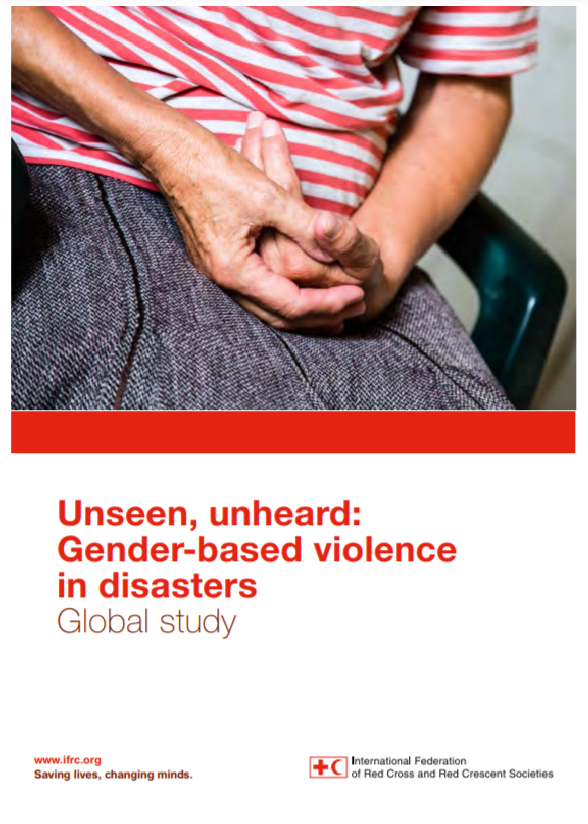Employment, Livelihoods & Social Protection: Guidelines for Post Disaster Needs Assessments

Post Disaster Needs Assessments (PDNAs) are jointly undertaken by the UNDG, the World Bank and the European Commission at the request of national governments in crisis affected countries. In the aftermath of a disaster, a PDNA is conducted to value the physical damages and change in economic flows and to identify recovery and reconstruction needs. These findings are integrated into a single assessment report.
As a member of the UNDG, the ILO has developed the PDNA Vol B guidelines for the ‘Employment, Livelihoods and Social Protection’ (ELSP) Sector to outline how to assess and estimate the effects and impact of disasters on ELSP and to provide recommendations for reactivating economic activities and employment for livelihoods recovery. Although ELSP are treated as a single topic in this chapter, the ELSP methodology is “cross-cutting” and includes data and assessment results from the infrastructure, social and productive sectors of the PDNA.
The ELSP guidelines are globally applied, most recently in Bosnia and Herzegovina and Serbia after the 2014 Balkan floods, in Malawi after the 2015 Southern Africa Floods, in Vanuatu after the 2015 Tropical Cyclone Pam and in Nepal after the 2015 Himalayan Earthquakes.
Country
Worldwide
Region
Worldwide
Year
2015
Category


